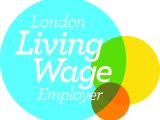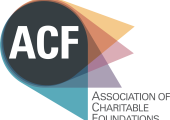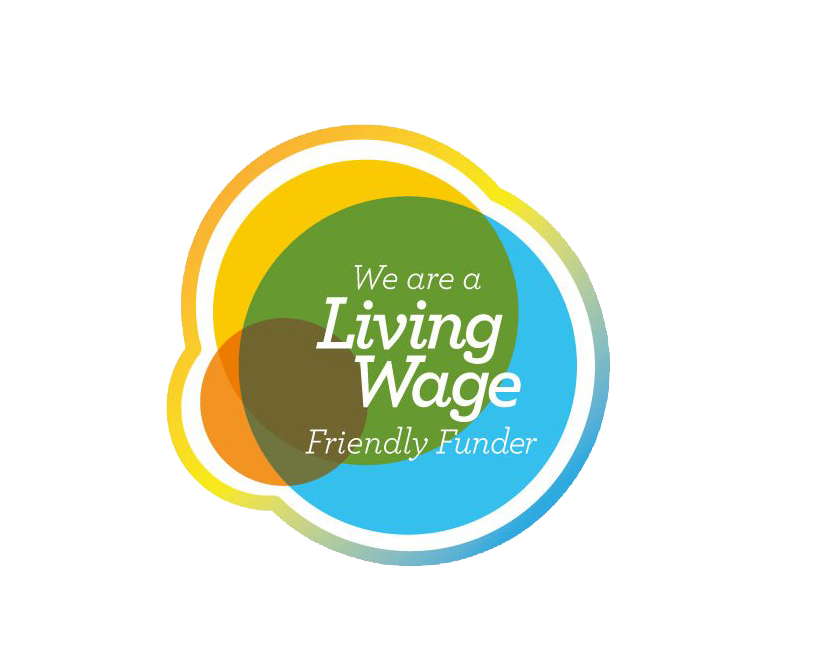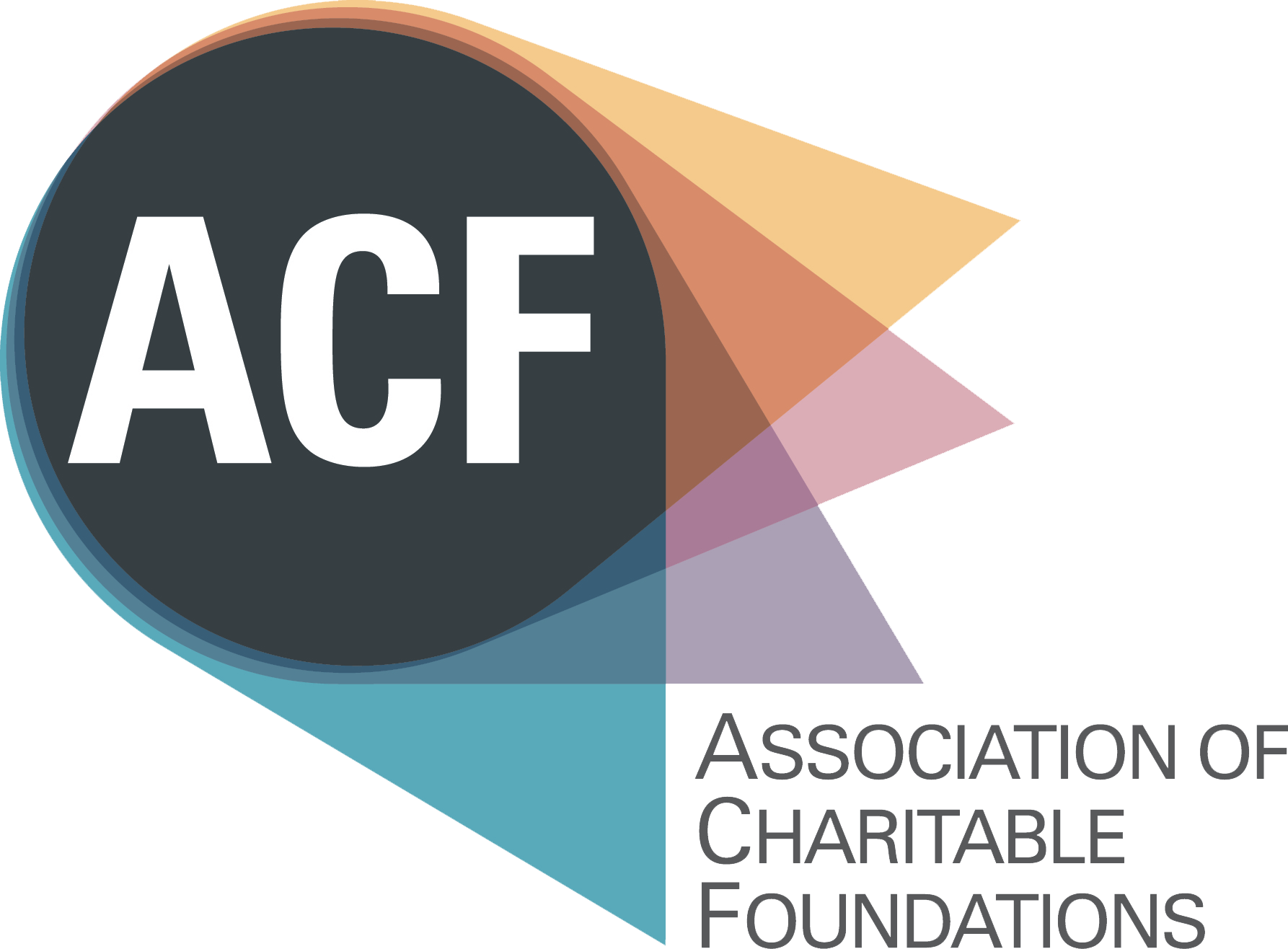


Cripplegate Ltd is the registered trustee of Cripplegate Foundation
Registered Charity 207499 Cripplegate Foundation Limited
Registered in England and Wales, Company Number 6129936 © 2021 Cripplegate Foundation
Sign up for our newsletter below to be kept up to date with our work.
Cripplegate Foundation will only use your email for direct communications and will never pass on your data.
By Anu Liisanantti
Cripplegate Foundation has a long-standing commitment to supporting independent advice work in the borough. Working in partnership with Cloudesley and Islington council, we have supported two leading local advice partners, Islington Citizens Advice, Islington Law Centre since 2012, and Islington BAMER Advice Alliance since 2021. This initiative, called Three Advice Project (TAP), offers Islington residents invaluable, free advice on housing, welfare rights and debt, as well as popular form filling clinics. Their services are available over the phone, by email or face-to-face by appointment.
Compared to many other boroughs, Islington has a strong, well-established advice network with dedicated caseworkers and effective collaboration between the different services
The UK’s housing market remains tough for low-to-middle income individuals and families. Residents are spending more of their income on housing and getting less for their money. Housing-related concerns are also prevalent for Islington residents contacting the Advice Partners, and their outreach partners Help on Your Doorstep. What’s more, the council’s “Let’s Talk Islington” residents’ survey* found that nearly 70% of the 500+ respondents thought “affordable, decent, secure homes” was the key provision in need of improvement in the borough.
Many housing-related challenges preceded the current cost of living crisis. Some renters, both in private and social housing, faced extreme financial hardship as a result of the repeated lockdowns over the past two years. Some tenants fell into rent arrears during this period, and since last year possession proceedings have been creeping up for both social and private tenants.
…I [was] able to rent a flat when I first arrived in 2013. I had to downsize to a room at the age of 30, six years ago. …Right now I am being evicted for the second time in 18 months on a whim of the landlord. …I am fully employed, have been working for the NHS in the community for the last 4 years….
(a female respondent to ‘Let’s Talk Islington’ survey)
This April the Council rents and service charges in Islington have risen (4.1% and 5%, respectively) which, like in many areas of the UK, is the biggest hike in rent prices for social housing tenants in more than a decade. Council tax in Islington has risen too. With the precept for the Greater London Authority (which pays for services like police, fire and public transport) residents have seen an overall council tax hike of above 4%. Meanwhile, London private rents have hit a new record and are higher now than before the start of the pandemic.
The most worrying trend our Advice Partners are seeing is rising level of priority debt, including housing-related payments. Priority debts are debts that can cause the most serious problems, such as rent or mortgage repayments, council tax, and gas and electricity. Rent arrears, council tax, and fuel debts are rising. Some residents contacting the Advice Services have rent arrears of several thousand pounds and, combined with other priority debts, the total debt can be as much as £15K -20K.
It’s really important that people recognise what a priority debt is and pay that first, even though the creditor may not be shouting loudly for it. Those with the least claim on the money are usually those that shout the loudest. They pressurise residents into getting paid first. Some catalogue companies call three times a day, so it’s understandable that residents pay them rather than the Council Tax.”
(Islington Law Centre)
Another challenge is the lack of understanding of the effects of mental ill health when assessing someone’s suitability for accommodation, or the potential negative mental health effects a particular type of accommodation might have. An initial assessment relies on the client coming forward and revealing personal information and vulnerabilities about themselves in a calm and logical manner, which can be difficult for many clients. As well as experiencing mental health challenges, some residents have additional responsibilities that put an extra burden on their quality of life and finances. Our Advice Partners assist many disabled residents, as well as residents who are caring for relatives with physical or mental health conditions, while sometimes experiencing health issues themselves.
The good news is that Islington has a strong, well-established advice network with dedicated caseworkers and effective collaboration between the different services. All Three Advice Partners are active members of the borough-wide Islington Strategic Advice Partnership, ensuring the quality of advice remains high across all organisations.
In addition to the advice and advocacy on law, policy, forms and procedures provided by advice partners, the Council have introduced ways to get practical help with housing difficulties and payments such as council tax and rent arrears. Government schemes such as Breathing space, which local Advice Services have experience on, are available to anyone with problem debt, housing-related or other, giving them legal protections from creditor action for up to 60 days. A mental health crisis breathing space is available to someone who is receiving mental health crisis treatment and it has some stronger protections.
For more information and support, please visit:
ISLINGTON RESIDENTS’ SUPPORT SCHEME (RSS)
HELP ON YOUR DOORSTEP COST OF LIVING RESOURCES
ISLINGTON COUNCIL HOUSING ADVICE
This is the first part of a series of blogs observing the post-pandemic advice needs and the effects of the cost of living crisis in Islington through the work of our Three Advice Partners.
Signup to our newsletter for the latest news and updates



Cripplegate Ltd is the registered trustee of Cripplegate Foundation
Registered Charity 207499 Cripplegate Foundation Limited
Registered in England and Wales, Company Number 6129936 © 2021 Cripplegate Foundation




Cripplegate Ltd is the registered trustee of Cripplegate Foundation
Registered Charity 207499 Cripplegate Foundation Limited
Registered in England and Wales, Company Number 6129936 © 2023 Cripplegate Foundation